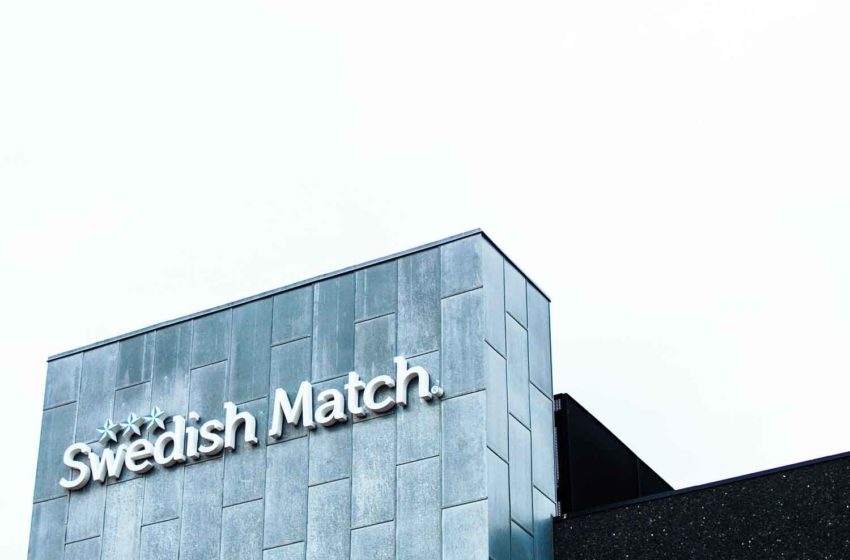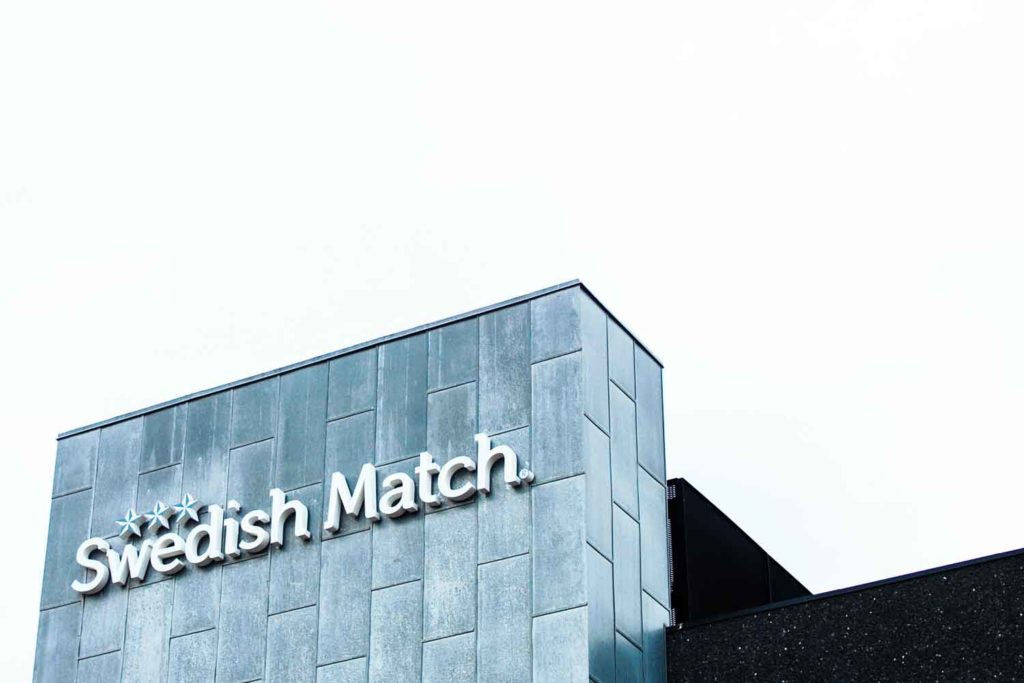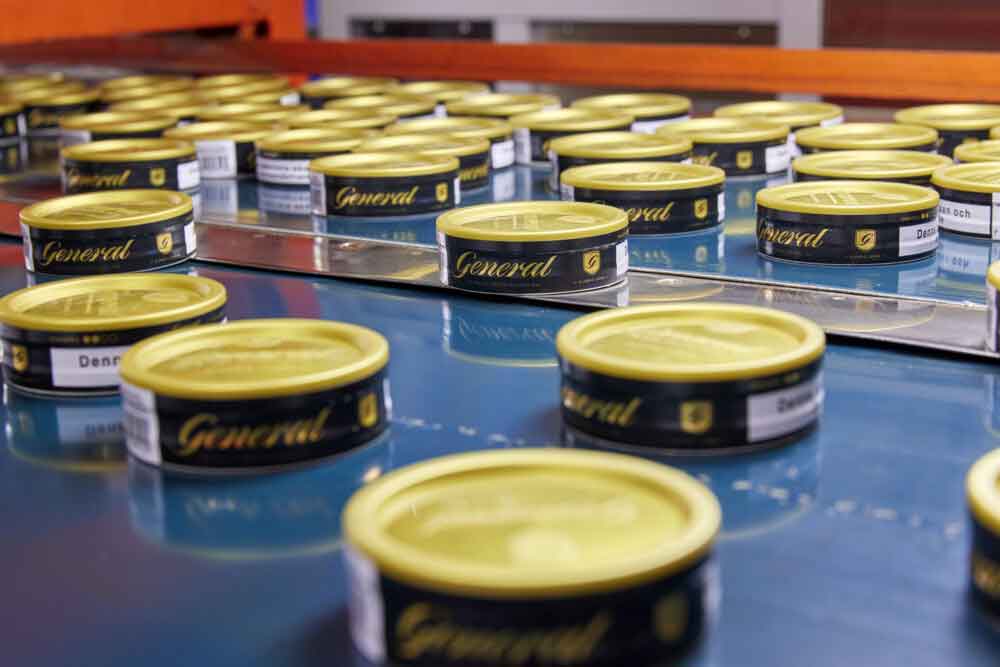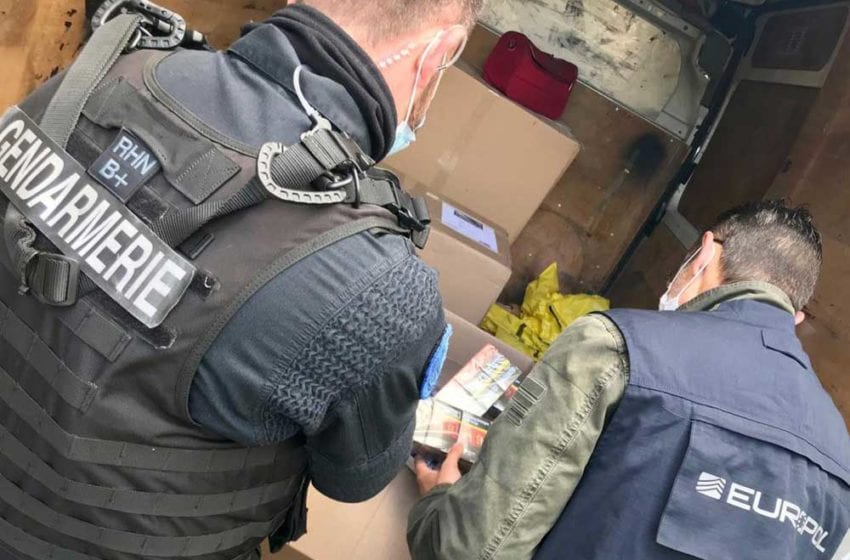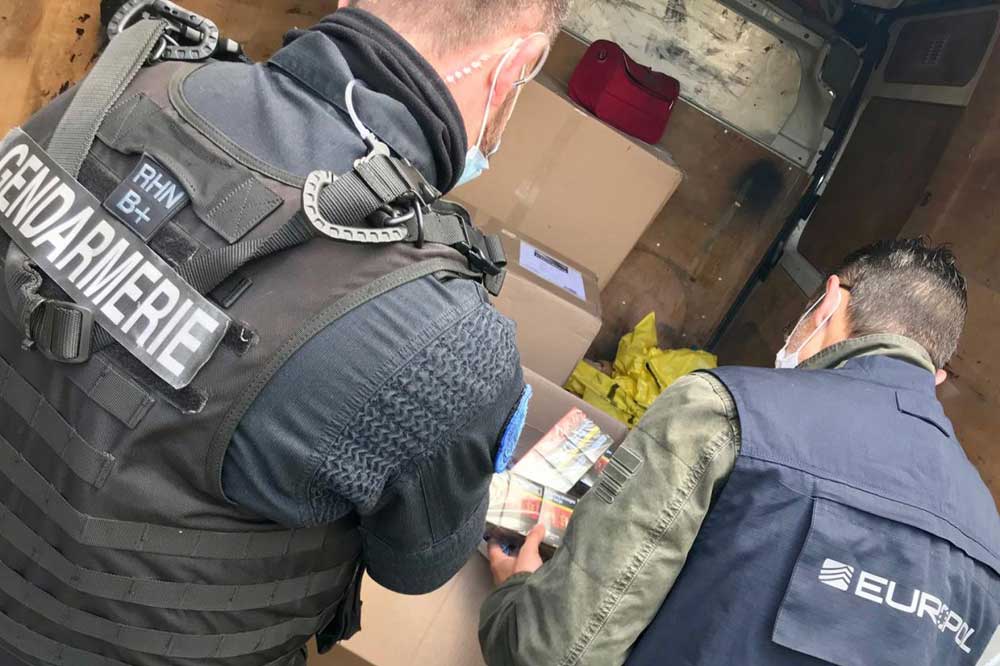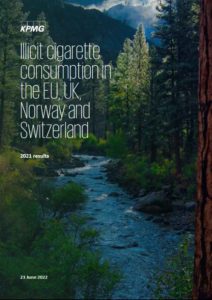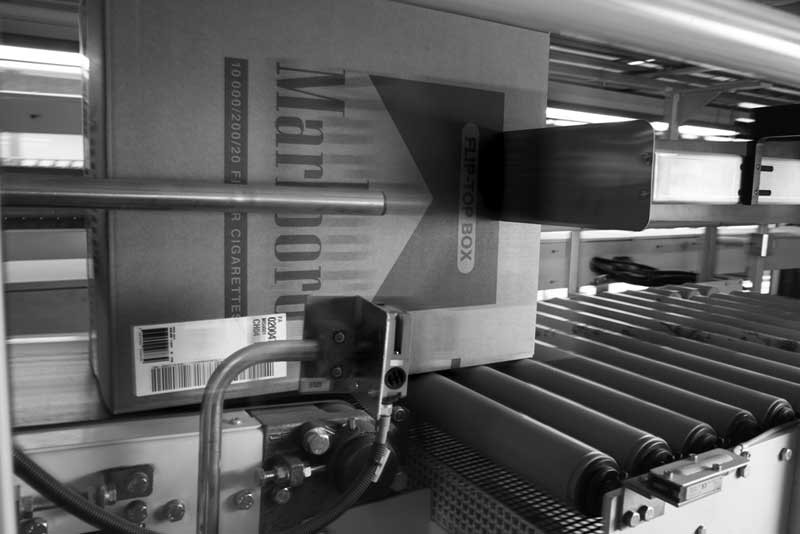
Philip Morris Ukraine will start producing some of its cigarettes at Imperial Tobacco’s factory in Kyiv this month, following a deal between the two companies, reports Interfax Ukraine.
The arrangement allows Philip Morris to continue supplying customers even as production at its Kharkiv factory remains suspended in the wake of Russia’s military invasion. It also enables Imperial Tobacco to better utilize its production capacity, some of which has been idle due to the difficulty of exporting cigarettes.
“Since the beginning of the war, we have been looking for alternative ways to ensure the supply of products,” said Philip Morris Ukraine Managing Director Maksym Barabash. “We are very pleased that we have found a mutually beneficial solution with Imperial Tobacco, which will produce products in accordance with PMI’s high-quality standards. For Philip Morris, this is a temporary measure. We hope that we will be able to resume production at our Kharkiv factory as soon as it becomes safe for workers.”
“The Imperial Tobacco factory in Kyiv has a significant production potential and a strong professional team to ensure the production of additional volumes of products with high quality and in the right time,” said Halyna Vorobyova, head of Imperial Tobacco’s board in Ukraine. “Since the beginning of the war, our company cannot carry out export deliveries; therefore, the agreement with Philip Morris will allow us to load our capacity.”
Philip Morris employed about 1,300 people prior to the war. Its Kharkiv factory exported cigarettes to more than 20 countries, including major markets such as Japan and Egypt.

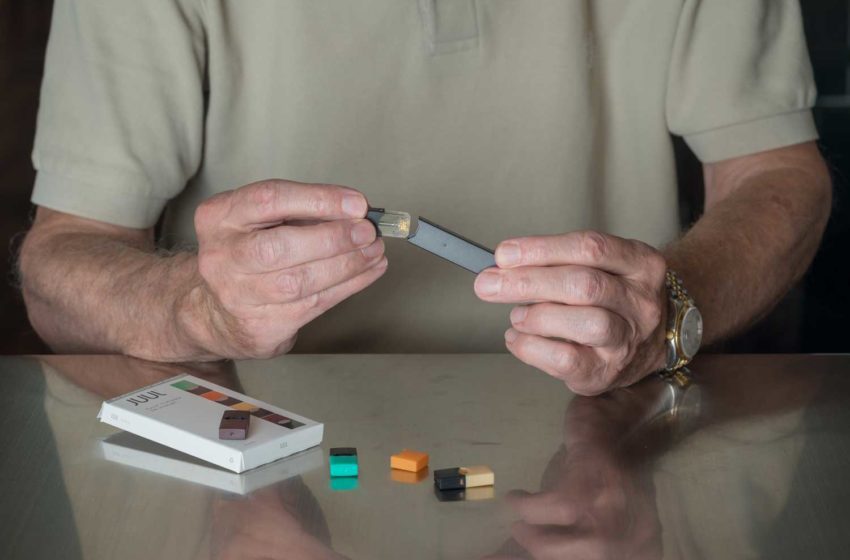
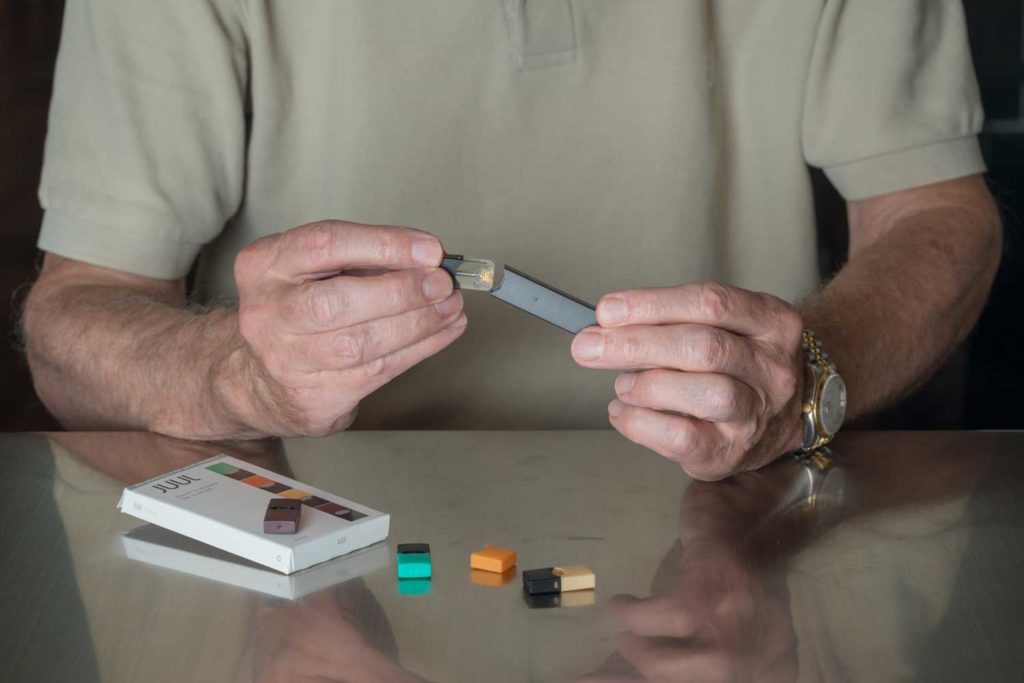



 Kaival Brands Innovations Group (KBI) announced the launch of Philip Morris International’s Veeba disposable e-cigarette in Canada.
Kaival Brands Innovations Group (KBI) announced the launch of Philip Morris International’s Veeba disposable e-cigarette in Canada.